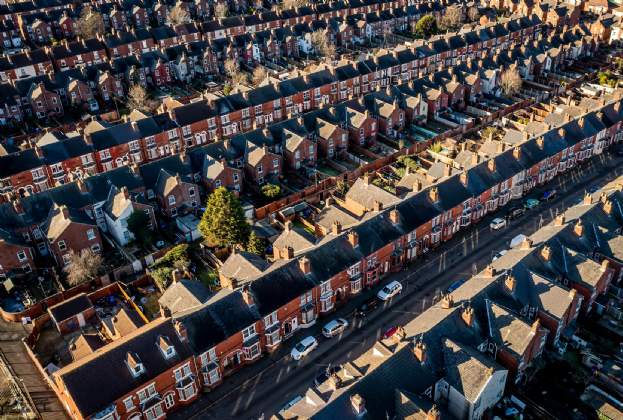The focus on energy bills and energy saving inevitably intensifies during the winter months. And for landlords and tenants, switching to a smart meter could help. Here’s why:
What is a smart meter?
Smart meters measure how much energy you're using in near real-time, show you what it's costing you on a handy in-home display and automatically send meter readings on to the supplier. They are being offered to all homes across Great Britain at no extra cost to replace analogue credit and prepay key meters.
Who can request a smart meter?
The energy billpayer can choose to have a smart meter installed. This means if you are a tenant who is responsible for energy bills in the property, you can contact the energy supplier directly to request the installation. However, it is recommended you tell your landlord before you get one as there may be rules in your tenancy agreement related to how energy is supplied to the property.
Ofgem, the energy regulator, says that your landlord should not unreasonably prevent you from getting a smart meter. This is the case even if your tenancy agreement says you need your landlord's permission to change the meter at your property.
WHY HAVE A SMART METER?
According to a study undertaken by Smart Energy GB in 2023*, 84 per cent of private renters say they would find it useful to have a smart meter installed to stay on top of their energy usage.
There are many benefits of having a smart meter for both tenants and landlords.
For landlords, these include:
- Automatic meter readings which mean an accurate bill at the end of a tenancy.
- Smart meters work in both credit and prepay mode, which means landlords don’t need to change the meter between tenants.
- They can also help during any void periods; regular meter readings can ensure you are being billed accurately and you can also keep a close watch on energy consumption to reduce energy waste in empty properties.
Meanwhile for tenants:
- Smart meters help in better understanding energy use within the home and are a simple step tenants can take to help them be more energy efficient.
- Smart meters can assist with highlighting where energy is being wasted or can be more efficient.
- Installing a smart meter can also help tenants with getting more control over their energy use and budgeting for their energy bills.
- Certain schemes and tariffs can also be accessed by tenants who have arranged for a smart meter installation which reward them for changing how and when they use their energy.
- Additionally those tenants who are on pre-pay and opt to upgrade to a smart meter can access new features such as being able to top up their credit online or on-the-go.
- Financial support from the government or energy supplier can be added to the smart meter automatically.
WHAT OTHER STEPS CAN YOU TAKE?
Improving the energy efficiency of your property is a great way to help reduce energy bills and can also be key for landlords when marketing their property, too. Even in the case of rented properties, there are still grants available to help improve energy efficiency.
The Energy Saving Trust has a useful guide with advice for landlords based in England, Scotland and Wales as well as one containing tips and information for tenants about actions they can take to reduce energy use without making changes to the property.
Once you have a smart meter installed, it could help you to spot ways of saving energy as with a better sense of your energy use, you can use it to keep track of the difference those changes make to your bills.
Some of the changes that renters can make include:
- using draught excluders on windows and doors to keep the warmth in
- fitting reflectors behind radiators on external walls
- reducing the temperature on your thermostat by just one degree - this can help lower your energy bills without reducing comfort
*OnePoll research for Smart Energy GB Oct 2023

.jpg)
.jpg)
.jpg)
.jpg)

.jpg)
.jpg)
.jpg)
.jpg)
.jpg)